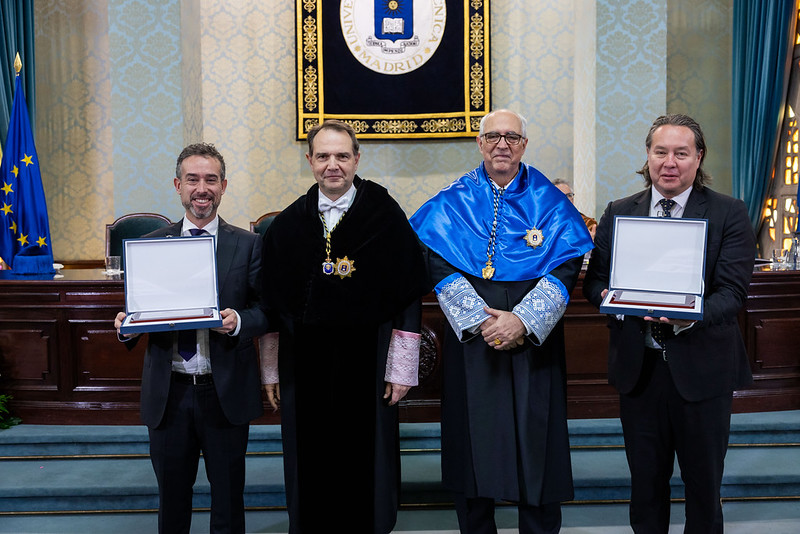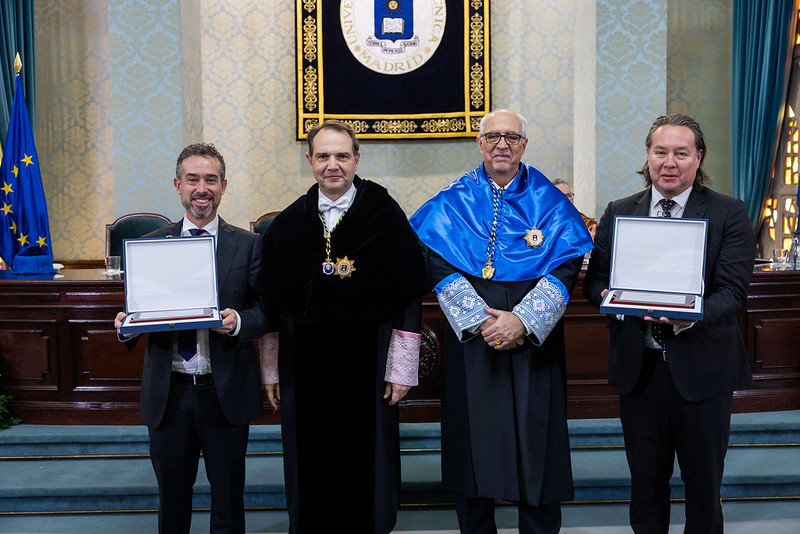Federico Álvarez and Bryan Strange, recipients of UPM’s Research Activity Consolidation Awards

Professor Federico Álvarez and Associate Professor Bryan Strange, both from the Escuela Técnica Superior de Ingenieros de Telecomunicación (ETSIT), have jointly received UPM’s Research Activity Consolidation Award. They were presented with the prize on 28 January at the ceremony commemorating the Feast of Saint Thomas of Aquinas, in recognition of their contributions in their respective fields. Álvarez’s research focuses on multimedia technologies, while Strange heads the Clinical Neuroscience Laboratory at the Biomedical Technology Centre (CTB). Candidates for this award must be professors with more than ten years’ active service but fewer than twenty-five years at UPM.

At the Feast of Saint Thomas of Aquinas ceremony—the customary occasion for presenting the distinctions that UPM awards to its researchers for their commitment to R&D—in the photograph they pose with their award plaques: Federico Álvarez (left) and Bryan Strange, together with the Rector and the Vice-Rector for Research and Doctorate.
Federico Álvarez
Álvarez has been honoured for his outstanding leadership and participation in competitive international projects, his remarkable scientific and technological output, and his ability to train new generations of researchers. A Telecommunications Engineer (1998–2003) and PhD (2009), he has pursued his career at UPM (he has been a full professor since 2022) and as a visiting researcher at the German Institute of Broadcasting Technology. He directs the Visual Telecommunications Application Group (GATV) and holds the Video-MOS Chair for Measurement of Quality of Experience (QoE) in Audiovisual Content Consumption.
“This award represents recognition of the intensive work carried out, especially in international projects throughout my career, and the incredible group of researchers who have worked with me in GATV over so many years—who well know that without being a team, we would never have come this far,” says the laureate, who also extends his gratitude to UPM’s International Projects Office (OPI) for its support.
Álvarez’s research in multimedia technologies (including machine learning techniques) spans multiple application areas, from content delivery to image and video analysis in security and healthcare. According to the OPI, he is the active researcher at UPM who has led the most European projects (32 in total, ten as consortium coordinator), likely making him one of the foremost nationally. Additionally, he has been principal investigator on 15 national projects and eight industry-funded projects. He has authored over 130 publications, more than 45 of which appear in first-quartile JCR journals, as well as numerous high-impact international conference papers. He has supervised seven doctoral theses and holds ten patents or software registrations.
Bryan Strange
The award bestowed on Strange recognises his outstanding scientific contributions in the field of neuroscience, evidenced by high-impact publications in journals such as Nature and Science, as well as his significant involvement in international projects. “In 2020, I received UPM’s Incorporation Prize for Research Excellence, which was a tremendous motivation to consolidate my research at UPM,” he recalls. “The previous Rectoral Team entrusted me with the ambitious task of creating a neurotechnology community at our university. As a result, not only has my own research line been consolidated, but also the roadmap for neurotechnology at UPM. I am very proud that the university has recognised my efforts with this new award.”
Strange studied medicine at University College London (UK) and completed his PhD at its Institute of Neurology. Subsequently, alongside his clinical work in general medicine and neurology, he continued investigating human memory, with particular emphasis on the effects of emotion on memory formation. In 2011, he launched the Clinical Neuroscience Laboratory at the Biomedical Technology Centre (CTB), where he employs a multimodal approach combining functional brain imaging techniques with patient lesion data, pharmacology, genetics and intracranial recordings in humans to study medial temporal lobe functions.
In 2014, Strange published, in collaboration with that year’s Nobel Laureate in Medicine, a novel model of hippocampal function. In 2018, the European Research Council awarded him a Consolidator Grant (worth €2 million) to characterise the dynamics of the human subcortico-cortical neuronal circuit associated with episodic memory. In 2021, he led a successful application to Spain’s Ministry of Science to fund the acquisition of an optically pumped magnetoencephalography system (€1.24 million). He currently heads UPM’s neurotechnology initiative.
Source: https://short.upm.es/sp27g, originally published at its source on 31 January 2025, based on information from UPM Communication.
Share this:
Latest news



Categories

